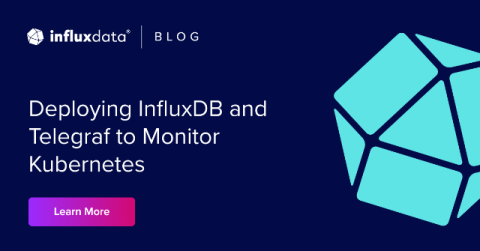Setting Up Efficient Kubernetes Environments for Developers
Kubernetes has transformed how developers build, test, and deploy applications, providing a consistent platform for managing containerized workloads. Setting up efficient Kubernetes clusters is crucial for streamlining the development process, reducing time-to-market, and ensuring that applications run reliably from development to production.











